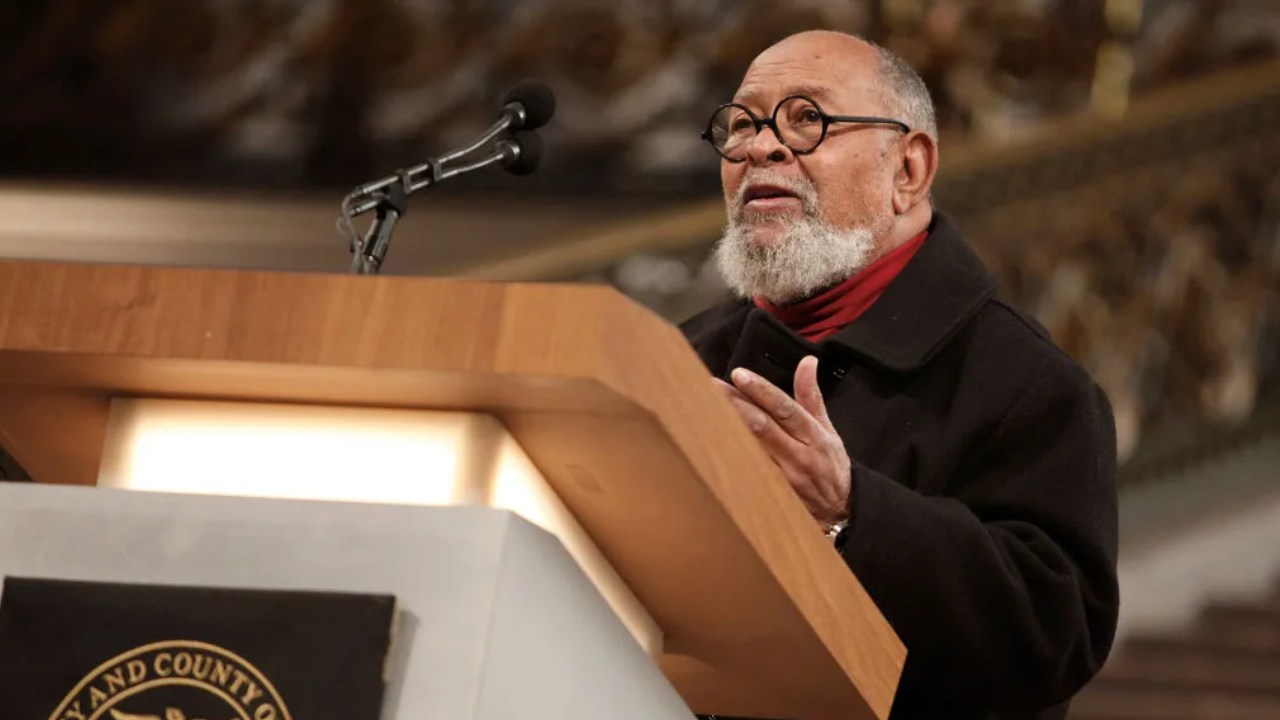Democrat Jerry Brown won an unprecedented fourth term as California governor in Tuesday's election.
He defeated Republican Neel Kashkari.
"Since I've done it three times, I don’t have any illusions that this is some kind of picnic," Brown said in a victory speech Tuesday night. "In the next four years I'm going to do my very best."
Brown also said he intends to take the state in a "progressive but fiscally responsible direction."
In his concession speech Tuesday night, Kashkari said he was disappointed, but acknowledged that running as a Republican in California is an uphill battle.
"We came up short. I challenge Gov. Brown to be bold," Kashkari said. "We did everything we could, and I'll continue to do everything I can ... I'm just getting started."
Brown faced Kashkari in a race that included little campaigning for re-election from the incumbent, who instead focused on passage of a pair of a ballot measures that he said are key to his final years in office.
Local
Brown campaigned heavily for Propositions 1 and 2, the state's water bond and "rainy day" measures on Tuesday's ballot. Brown also discussed California's improved economy, reduced unemployment and increased spending for education since he returned to the governor's office in 2011. His campaign website touts Brown's efforts to reduce the state government's debt, improve its credit rating and protect funding for education and public safety.
Kashkari focused his campaign on creating jobs and improving education. He is a former Treasury Department official who made his first run for office.
Kashkari had recently focused on a lawsuit seeking to overturn state laws governing teacher tenure and layoffs, criticizing Brown for appealing the ruling that found those laws unconstitutional.
"Jerry Brown had a choice -- fight for our kids or side with the unions who have backed his political career," Kashkari said in a recent campaign commercial. "Brown sided with the unions and he should be ashamed of himself."
Brown joined state Attorney General Kamala D. Harris in a one-page appeal of Vergara v. California, arguing that "changes of this magnitude, as a matter of law and policy, require appellate review."
Kashkari also called for cancellation of the state's high-speed rail project, calling it "a symbol of Sacramento having the wrong priorities" and dubbing it "The Crazy Train."
Brown has long defended the project, claiming it will create jobs, transform the Central Valley and be cheaper in the long run than building or improving highways and airports.
Brown topped the field of 15 candidates in the June "Top Two" primary with 54.3 percent of the votes, with Kashkari finishing second with 19.4 percent. Republican Assemblyman Tim Donnelly was the only other candidate to receive at least 3 percent of the vote, finishing third with 14.8 percent.
Brown is running for statewide office for the seventh time. He has lost just once, falling to Pete Wilson in a 1982 bid for a U.S. Senate seat. Brown was first elected governor in 1974 when Kashkari was 15 months old.
The son of immigrants from India, Kashkari was raised in the Akron, Ohio, suburb of Stow and received bachelor's and master's degrees from the University of Illinois. He moved to California in 1998 and worked as a design engineer at TRW in Redondo Beach, developing technology for NASA space missions.
Kashkari returned to college and received an MBA from the Wharton School at the University of Pennsylvania in 2002, then worked in the San Francisco office of the investment bank Goldman Sachs, eventually leading its information technology security practice.
Then-Secretary of the Treasury Hank Paulson hired Kashkari in 2006 as a special assistant on energy policy. He was appointed by then-President George W. Bush in 2007 as assistant secretary of the Treasury for international economics and development.
Kashkari was among several Paulson aides who wrote the legislation that created TARP, then oversaw it as interim assistant secretary of the Treasury for financial stability, a position he filled during the initial months of the Obama administration.



